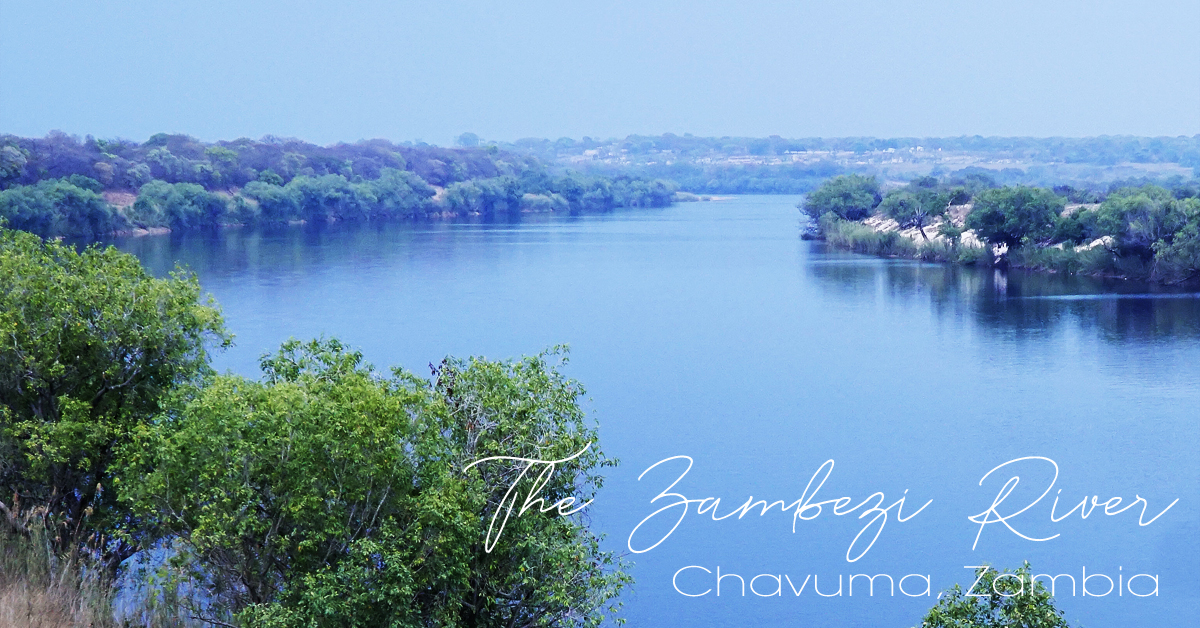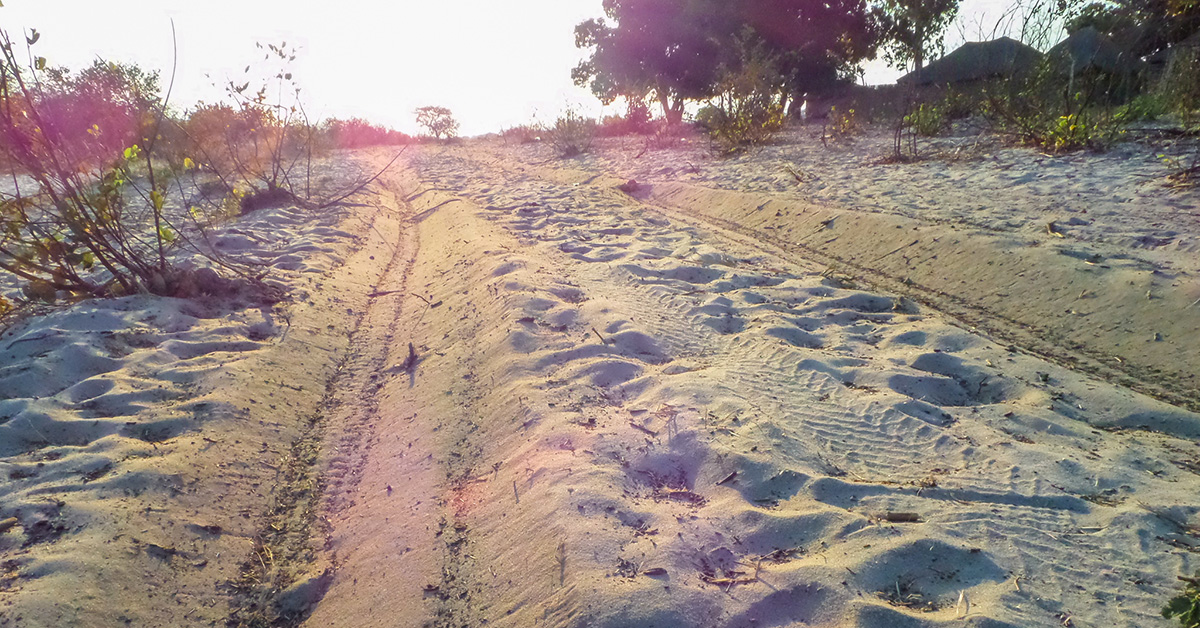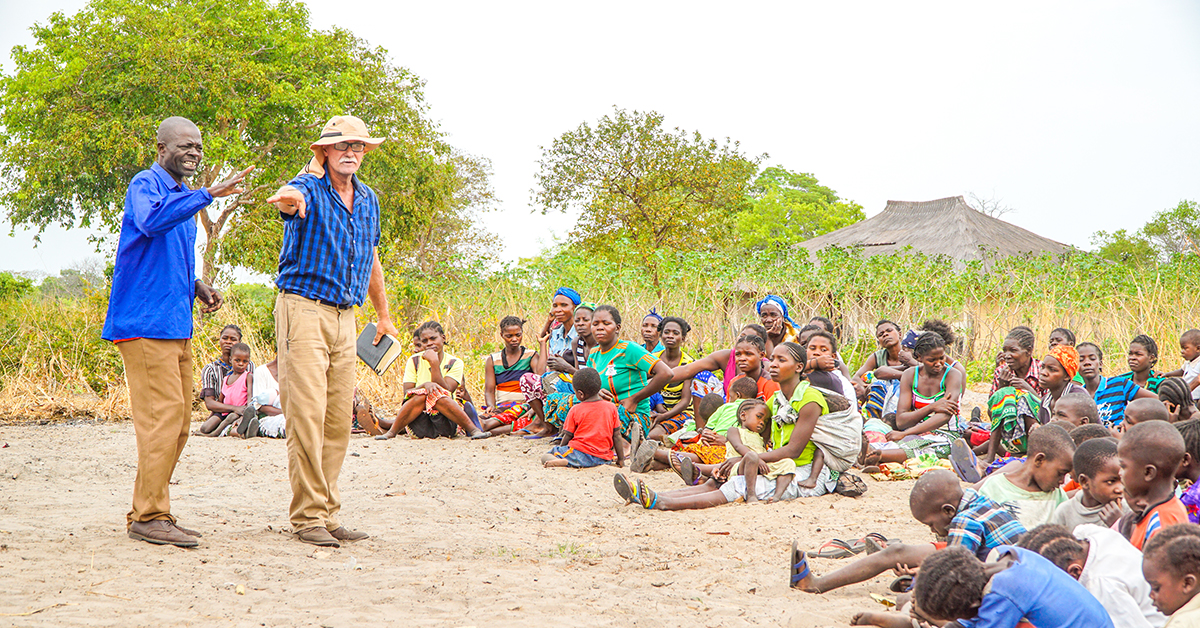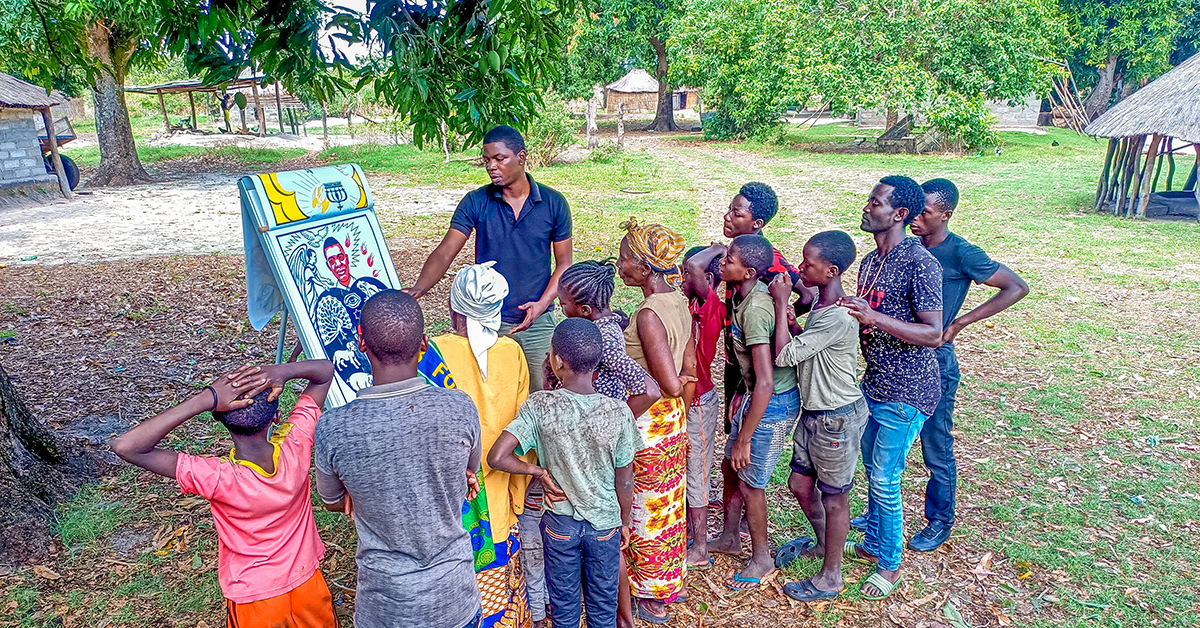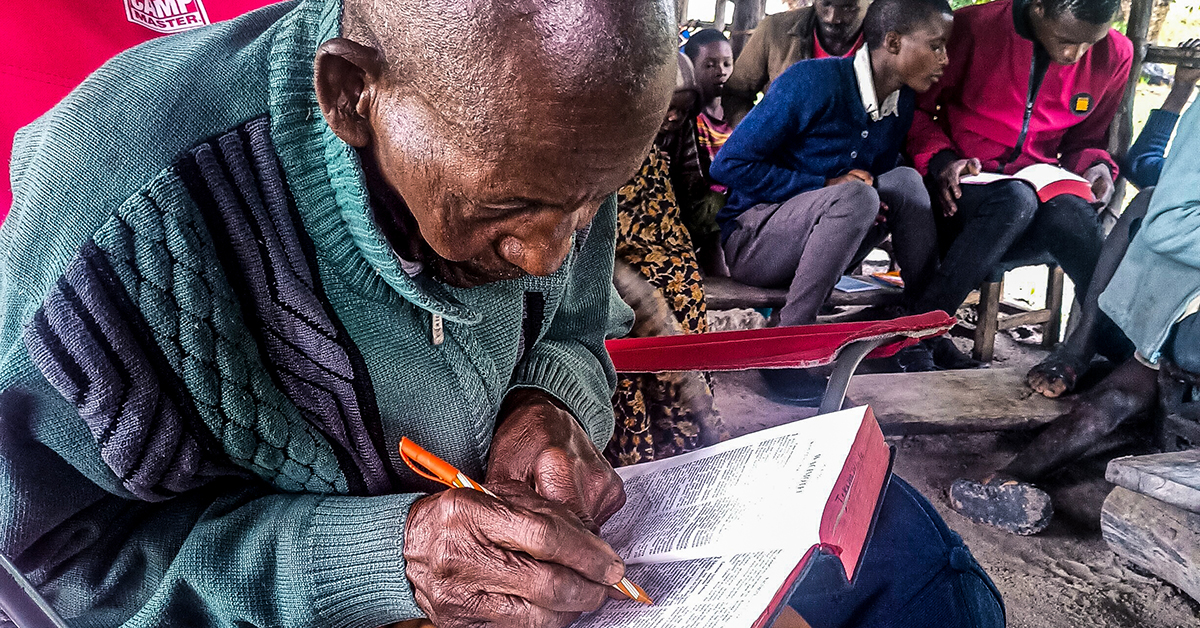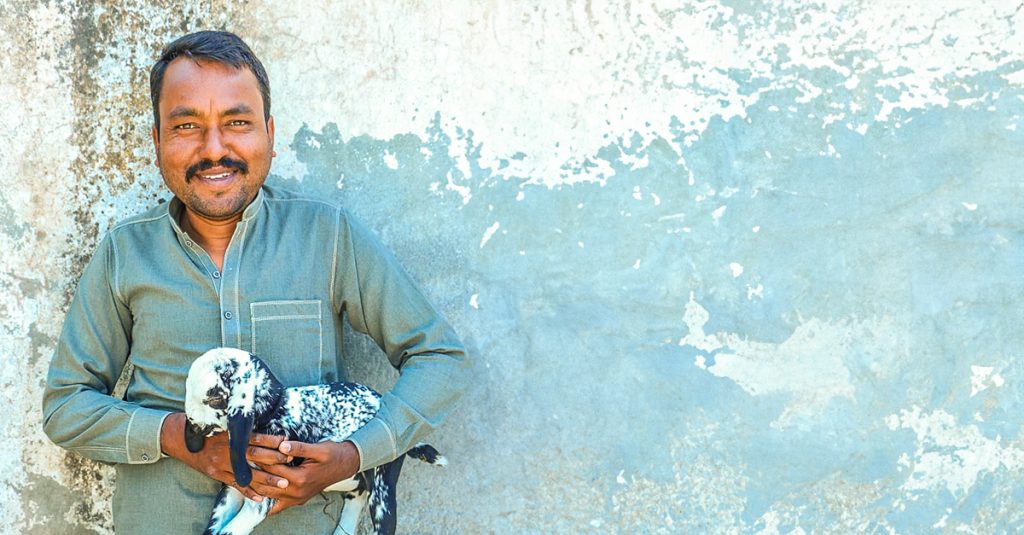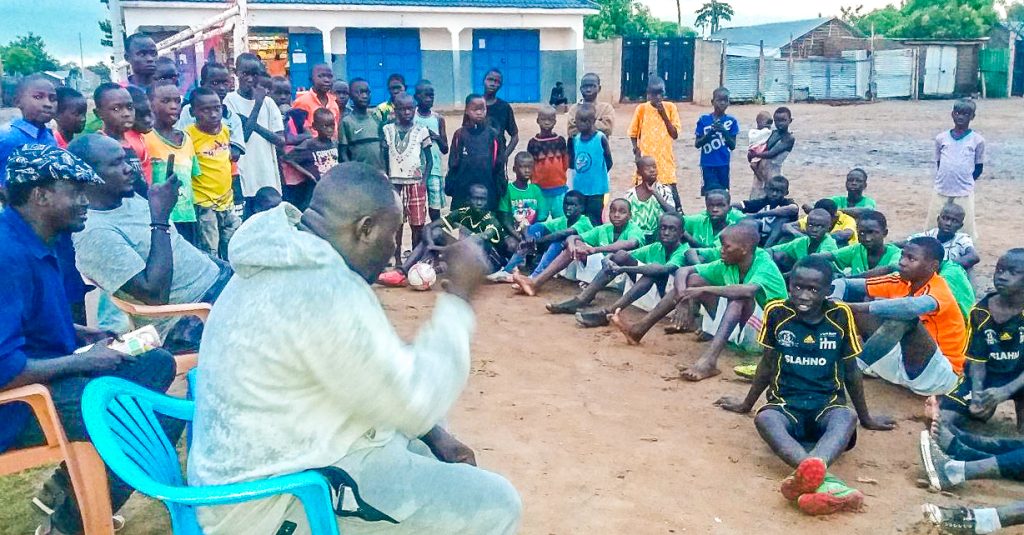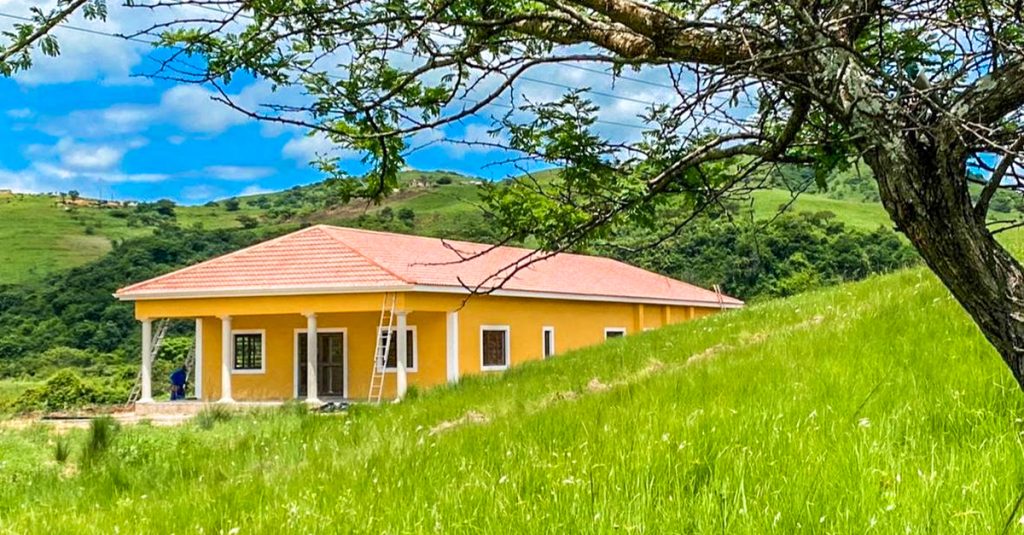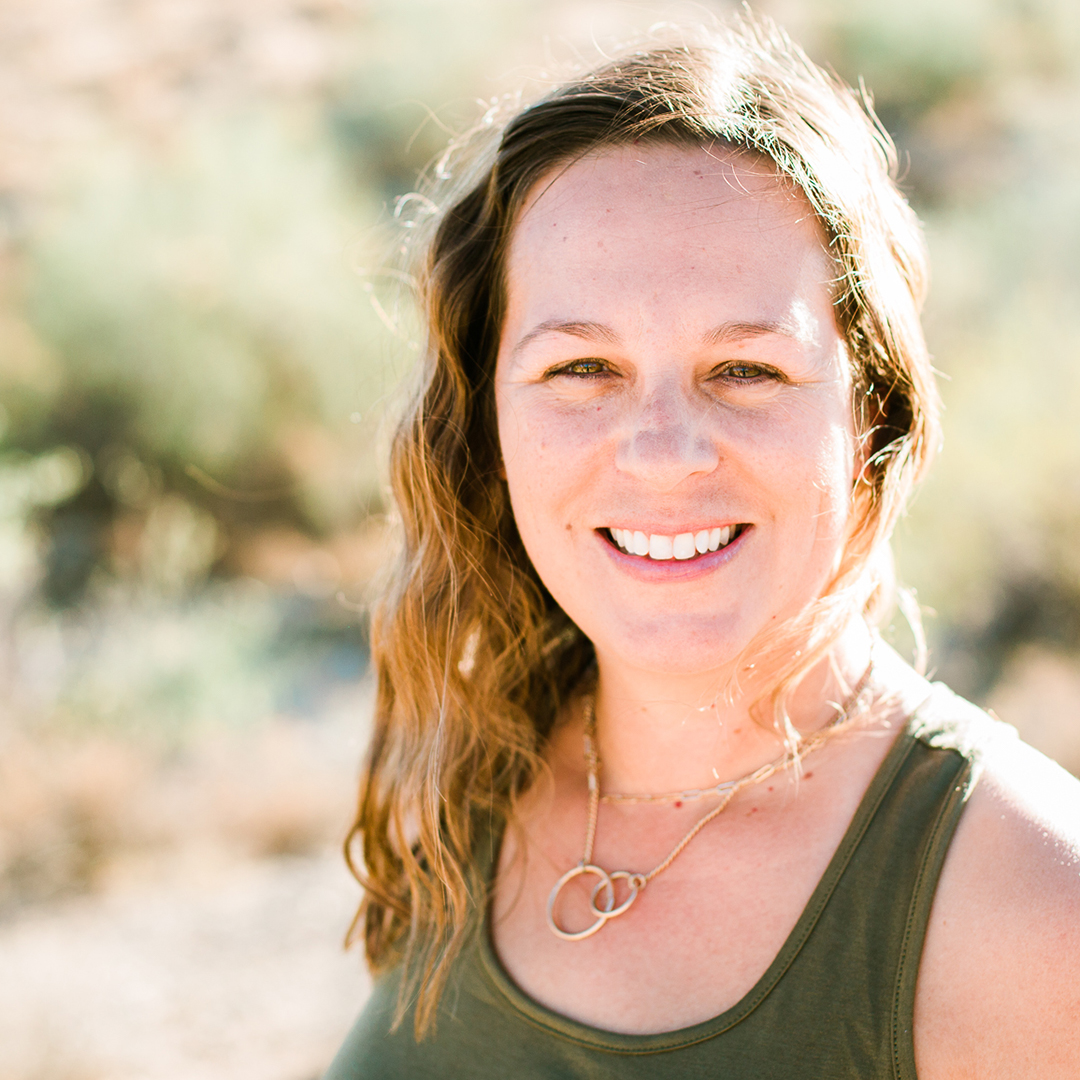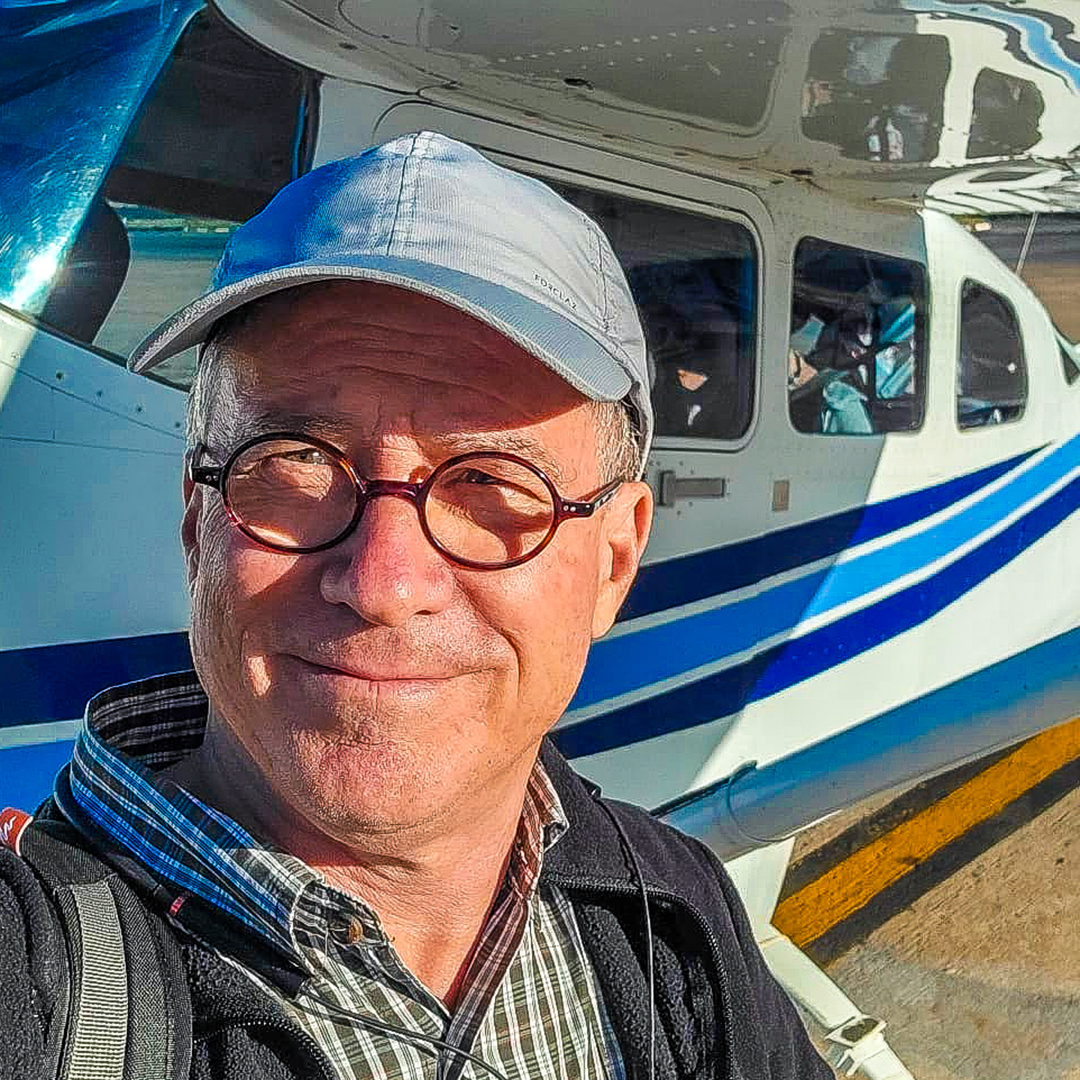Zambia
The Luvale floodplains of the northwestern corner of Zambia are home to many of the Luvale tribe. The Luvale people in this region live in small, remote villages that dot this wild area.
This corner of Zambia is cut off from civilization and the rest of the country by the broad Zambezi River. The river floods its banks in places, making it impassable for several months out of the year and home to predators such as crocodiles and hippopotamuses.
The Luvale people living west of the river generally live in grass huts, although many villages have one or more structures made of cement blocks or bricks.
The roads of this area are not really meant for modern vehicles. They are often tracks made of deep sand, which makes ox-carts one of the preferred methods of travel. The rough terrain takes a toll on vehicles that attempt to navigate it. In some places, there are even land mines left over from past wars.
The "roads" in this area aren't really made for vehicles.
Vehicles face tracks of deep, deep sand.
Though some churches have been planted by various denominations who have found a way to reach this area, this area is largely unreached by the Gospel.
Historically, the Luvale have practiced Animistic beliefs, feeling compelled to appease ancestral spirits activated by sorcerers to cause illness. To counteract this, a diviner is consulted who will attempt to uncover the source of the patient’s problem, most commonly by taking a “reading” of objects’ landing positions when tossed in a basket.
In many places, if the Gospel was previously shared and accepted, the believers may not have received much discipleship after the missionaries returned home.
This has often resulted in the mixing of Animistic and Christian beliefs or in villagers praying for years that the Lord send someone to teach them God’s Word so they could understand and grow. One might call these places “least-reached” due to the meager influence of Biblical principles and resources available.
This is the context into which the Lord has called our partners, Johan and Lesley Leach, to bring the Gospel. Their goal is to systematically saturate the region with the Gospel so that there are growing believers and flourishing churches that make disciples who make disciples.
Johan and Lesley partner with local churches and organizations to train evangelists, equip leaders, plant churches, and support discipleship.
With donors’ help, they have been able to open doors for their homegrown evangelists by meeting acute physical needs in remote villages with gifted items such as clothing, food, personal hygiene items, and medical supplies for already existing clinics.
Excitingly, the Gospel is spreading, as is the territory Johan needs to cover. Even more exciting is that proper spiritual growth is spreading because it is consistently pursued through the discipling work of Johan’s Hub Leaders in the villages where the Gospel has been planted.
The Luvale-speaking evangelists Johan has worked to train reported 141 new believers in 2022. About 90 churches have been planted to date.*
173 Hub Leaders are progressing through a 4-year training program, equipping them to disciple those that come to faith in the remote villages and take spiritual responsibility for shepherding the believers in their area, and 351 more have committed to begin the Hub Leader training beginning next month (July).
The reality of the situation is that in order to share the Gospel, physical proximity must be achieved.
To put evangelists and leaders in villages where they can make disciples, they must get there. This is done by any means necessary, really, but some commonly used methods are canoe, motorboat, ox-cart, foot, and Johan’s field vehicle. Each has its pros and cons for various types of excursions down or across the river and into the wild.
When transporting people or things, Johan relies heavily on his field vehicle, which must be ferried across the river. Without Johan’s working field vehicle, it’s more than fair to say much of what has been accomplished may not have been.

 
Johan and Lesley’s area of influence is growing, and their logistic expenses are rising. To provide for this exciting work of discipleship among the Luvale people, Johan and Lesley need our help.
They need regular supporters to stand with them financially and prayerfully. They are also prayerfully trusting the Lord for funds that would allow them to pay for repairs to their vehicle, enabling it to continue carrying the gospel to the remote and forgotten parts of Zambia and Angola.
Because this need is ongoing and crucial to reaching remote villages, we have established a fund for the upkeep of Johan’s field vehicle.
If you feel, like we do, that taking the Gospel to the least-reached and forgotten villages and tribes is near and dear to the Lord’s heart, Johan and Lesley sure could use people like you on their support team.
If you want to be part of pioneering the Gospel in this area, and doing it in a way that is strategic and discipleship-focused, we urge you to prayerfully consider supporting Johan and Lesley Leach.
*Correction: Last month’s newsletter said 109 churches had been planted. The correct number is 90.
More from ITMI Monthly...
A baby goat is much more than just a cute photo for Shahid Bashir. It represents a few very important things. …
ITMI’s Lazarus Yezinai has found that sports are an effective way to reach at-risk youth who have joined gangs in Juba, South Sudan. He operates six soccer clubs or teams in six different areas of the city…
The 7 Rivers knitters held their first meeting at the newly opened Thola Center at the beginning of March! The 7 Rivers knitters is a group of Zulu women that…
ABOUT THE AUTHORS
Summer Kelley is a writer and follower of Jesus living in Phoenix, Arizona, with her husband and three kids. She’s had the honor and privilege of telling ITMI’s stories since 2006. Summer loves reading, the outdoors, and Coca-Cola Classic.
Steve Evers has advocated for and served the ITMI partners as ITMI Director since 2001. Approximately once a year, Steve visits with ITMI partners in their countries and brings stories back to encourage supporters. Steve enjoys photography and mechanics (both hobbies that have greatly benefited ITMI partners!) Prior to becoming ITMI’s Director, Steve served on […]
Get Weekly Updates from the Field!
Subscribe to our email updates


